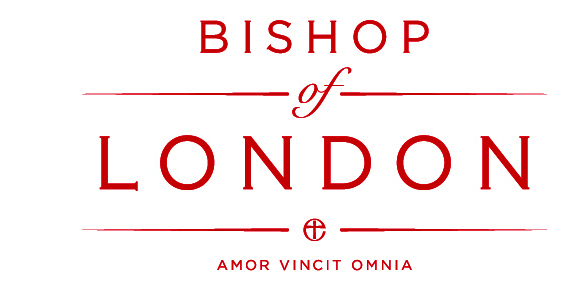10th anniversary of the London bombings
The Bishop gave a sermon at St Paul’s Cathedral to mark the 10th Anniversary of the London Bombings.
Soon after 7-7 the families and friends of the victims compiled a Book of Tributes. It is a taste of the ocean of pain surrounding the loss of each one of them. The tribute book is also very revealing about the character of the London which the bombers attacked.
The majority of the victims were young. They came from all over the UK and all over the world. There were Jews, Muslims, Christians, Hindus, Buddhists and Humanists. There are tributes in Italian, French, Arabic, Turkish, Hebrew, Tamil, Polish, Farsi, as well as English.
London is an astonishing world-in-a-city but beyond the diversity the book conveys a unifying agonised outcry – this was a terrible crime which robbed us of beloved sons and daughters, partners and friends.
Like so many here, I remember the day vividly, first the confusion then confirmation of the dreadful truth; and then all through the day stories of the courage and humanity of the Emergency Services. The London Underground Staff were first on the scene in the smoke filled tunnels comforting the dying at a time when no one knew whether there was a possibility of other bombs. The doctors from the British Medical Association building rushed out to help those caught in the blast which destroyed the Number 30 bus in Tavistock Square. All through the day police, fire, ambulance crews worked past exhaustion point to bring relief to the injured and very soon to the bereaved. London was and is proud of them and grateful.
I remember the spontaneous outpouring of grief and sympathy which very soon was expressed in a mound of flowers and tributes at the various stations and the churches close to the explosions, open to emergency workers and the whole community.
There could have been so easily demonstrations of anger but beyond the numbing shock there was solidarity. London had been attacked and there was unity in our grieving.
There are many who bear the physical scars of that day but also thousands of survivors who sometimes years after the event relive the nightmare in their dreams. As our hearts go out to the families and friends of the victims of terrorism, especially those murdered so recently in Tunisia, we must learn that care for survivors is a responsibility both in the immediate aftermath of such a tragedy and for years to come.
The Mayor summoned thousands to Trafalgar Square. A succession of community leaders and politicians went to the microphone to denounce the crime and declare our solidarity with one another. The leaders of the various faith communities were there, the Cardinal, the Chief Rabbi, the Bishop and representatives of the Muslim, Hindu and Buddhist communities. We all knew one another already and so we decided to go to the microphone together to make the united pledge which we shall repeat in this service. One of the lessons of today is that there must be no let-up in building and repairing the friendships which are so vital at times of crisis
Communities are made by stories and the story of 7-7 in which every part of the community suffered and every part helped to bring succour deserves to be remembered and woven into the tapestry of London’s memory as a contribution to a story in which we all have a stake.
Our London is a laboratory for testing whether it will be possible for the cosmopolitan civilisation which is becoming a global reality to hold together. We are in the midst of debate about identity including what it means to be British. Some in the world are reacting to change by retreating into ever narrower definitions of their identity. Merely invoking the universal concepts of tolerance and respect with which we probably all agree does not generate one iota of the energy required to transform lives and build a community.
You cannot exorcise the satanic by creating a spiritual vacuum. Other life forms conform, without the possibility of conscious choice, to the laws laid down for them. We humans are shape shifters who shape ourselves and our futures by referring beyond ourselves to some god or more often an idea like success, wealth, power. Sometimes tragically we manufacture a god in our own image, an idol created when a bruised and humiliated ego surreptitiously re-ascends by projecting its own rage and lust for power.
No doubt social and economic factors have a role in incubating religious extremism but the religious element cannot simply be reduced to something else. It is part of being human to worship and if there is no worthy object of worship then the vacuum is filled by something banal or dangerous.
The dome of St Paul’s is a representation of the one world in which we all live. The dome is supported by eight figures, four teachers from the East looking West and four Western teachers looking East. Our calling as we remember with deep compassion the events of ten years ago is make our own individual contributions to the unfolding story of London, a city where we hold fast to that which is good; render to no one evil for evil but strengthen the fainthearted and help the afflicted, honouring everyone and rejoicing in the love of God and the energy of the Holy Spirit.
